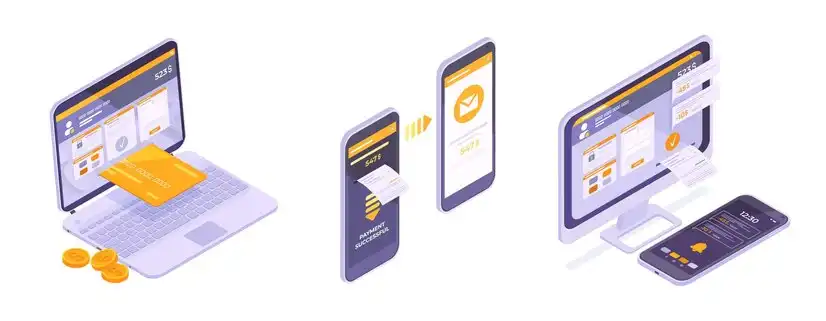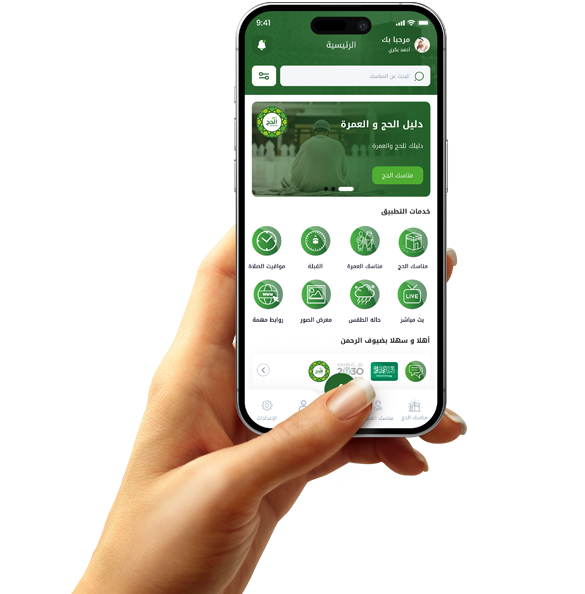The importance of designing applications that can work offline (Offline Mode)

Increasing the Effectiveness of Applications in Remote Areas
The ability to work in offline mode is critical in areas with poor internet coverage, such as rural areas or while traveling to remote locations.
In these locations, internet access may be unavailable or very weak, disrupting applications that rely on a constant connection.
Designing applications that work offline allows users in these areas to take full advantage of the application without worrying about connectivity.
For example, in navigation or mapping applications, users can pre-load maps and use them offline while on the go.
Additionally, in applications such as those for reading or watching videos, users can pre-load content and consume it at any time.

Improving App Speed by Working in Offline Mode
One of the major benefits of designing apps that can work offline is improving app speed.
When an app relies on a constant internet connection to perform each operation or load content, this can negatively impact response speed, especially if the network is weak or slow.
However, with offline mode, data can be stored on the user's device, allowing them to quickly access it without having to wait for it to be downloaded from servers.
For example, if app data is stored locally on the device, the user can interact with the app quickly and smoothly without needing an internet connection.
In addition, when an app is able to handle local data while working in offline mode, it can be used to access the data.

Enhancing Security and Data Protection Offline
One of the most significant benefits of designing applications that can work offline is enhanced security and data protection.
In a traditional environment that requires a constant internet connection, user data can be vulnerable to cyberattacks or data breaches across the network.
However, when data is stored locally on the user's device while offline, there is less need to transmit this data across different networks, reducing the chances of it being hacked or stolen.
Locally stored data can be encrypted to ensure it remains protected even if the device is lost or stolen.
Furthermore, multiple levels of security can be assigned to access local data, such as using passwords or biometric authentication techniques.

Continuous User Interaction Even When Connected
When an app is capable of working in offline mode, it allows users to continuously interact with the app, enhancing their overall experience.
In traditional mode, when the internet connection drops, most apps stop working or become ineffective, which annoys users and prompts them to look for alternatives.
However, apps that support offline mode provide users with the ability to continue performing important activities, such as adding or editing data, reading articles, and catching up on saved content.
This ensures that users don't feel interrupted or frustrated, but rather continue to enjoy the app while offline.
For example, in messaging apps, users can send messages and reply to conversations offline, and these messages are automatically sent when the connection is restored.















